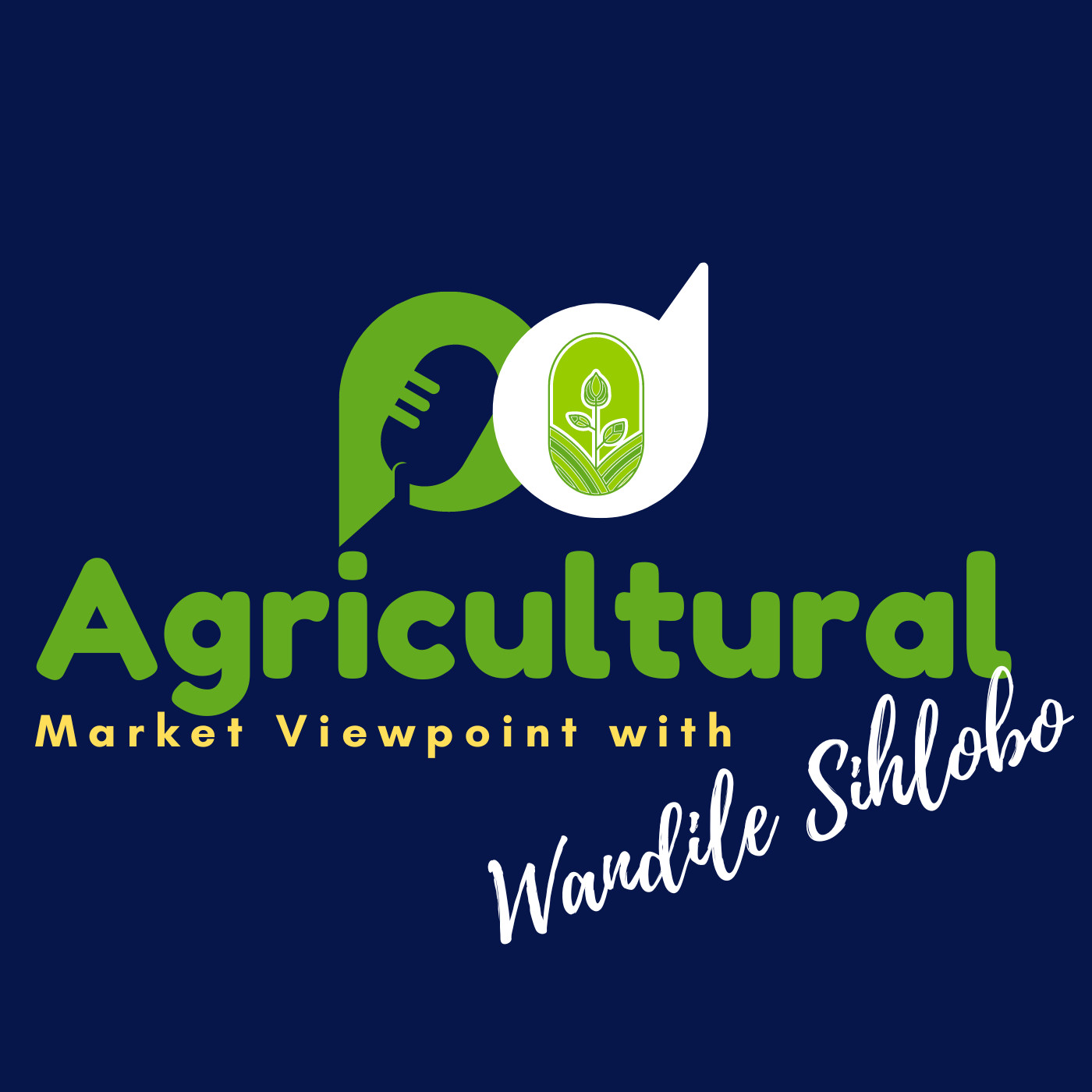SA to export beef to Saudi Arabia
Description
One positive bit of news I noticed this past week is about South Africa's beef industry, with an encouraging headline stating, "Saudi Arabia to start South African meat imports as ban ends". This means everything is now in order for Saudi Arabia to import beef from South Africa.
The Kingdom of Saudi Arabia has not featured prominently in South Africa's beef export markets in the past, with only small volumes last exported in the early 2000s. The renewed access to this market is critical to South Africa's ambition to expand beef exports, as the Saudi beef market is sizable at over US$647 million in 2021, according to data from Trade Map.
About 62% of the Saudi beef imports were frozen beef, while 38% were chilled or fresh beef imports. Some leading suppliers to Saudi Arabia include Brazil, Australia, Pakistan, The US, New Zealand, and Canada. Beyond beef, the Saudi meat market is large, with all meat imports valued, on average, at US$1,9 billion annually over the past five years. This means over time, as South Africa increases its production in other meat value chains, Saudi Arabia could remain a strategic country for growing exports.
Broadly, these positive news of export markets development provides some relief when the South African beef industry has faced a challenging operational environment for several reasons. One of the significant challenges was the rise in feed prices since 2020, especially for maize and soybeans.
The rise in animal feed prices coincided with a worsening financial strain on consumers due to the Covid-19 pandemic's damaging effects. Thus, we saw a decline in the demand for red meat products as consumers opted for relatively cheaper forms of protein.
Moreover, the spread of foot-and-mouth disease (FMD) to six of South Africa's nine provinces for the first time in history was another challenge for the industry. This brought temporary bans in specific export markets, extending to auctions and livestock movement, mainly cattle, for some time in 2022.
Fortunately, the feed prices have now softened somewhat. This is in response to large domestic maize and soybean harvests and the easing of global grain prices (irrespective of lingering worries about the Black Sea Grain Deal).
Therefore, the opening of beef export opportunities to the Kingdom of Saudi Arabia adds to this improving operational environment going forward.
Despite the foot-and-mouth disease challenge, South African beef exports did not collapse. Some markets remained open, although with strict controls. This is evident in South Africa's beef exports for 2022, which amounted to 28 422 tonnes (albeit down 12% from 2021), according to data from Trade Map. This is only mildly below the ten-year average.
Fresh beef accounted for 54% of overall exports, while the balance was frozen beef. Within this total figure, a significant decline was recorded in frozen beef exports, which were 12 945 tonnes in 2022, down 24% year-on-year. Meanwhile, fresh beef exports increased by 2% year-on-year to 15 477 tonnes.
We discuss more in this week's podcast segment.
My writing on agricultural economic matters is available on my blog: https://wandilesihlobo.com/
Podcast production by: Lwandiso Gwarubana, Richard Humphries, and Sam Mkokeli
More Episodes
While South Africa's agriculture has had a rough start to the year, characterised by El Niño-induced drought, the employment conditions remain encouraging.
The data recently released by Statistics South Africa shows that employment in primary agriculture lifted by 6% year-on-year to 941,000 in...
Published 05/27/24
Published 05/27/24
April marked the end of South Africa's 2023/24 marketing year for maize. This marketing year corresponds with the 2022/23 production season, as the crop harvested mid-year in 2023 was marketed from then through to the end of April 2024. According to data from the Crop Estimates Committee (CEC),...
Published 05/20/24


